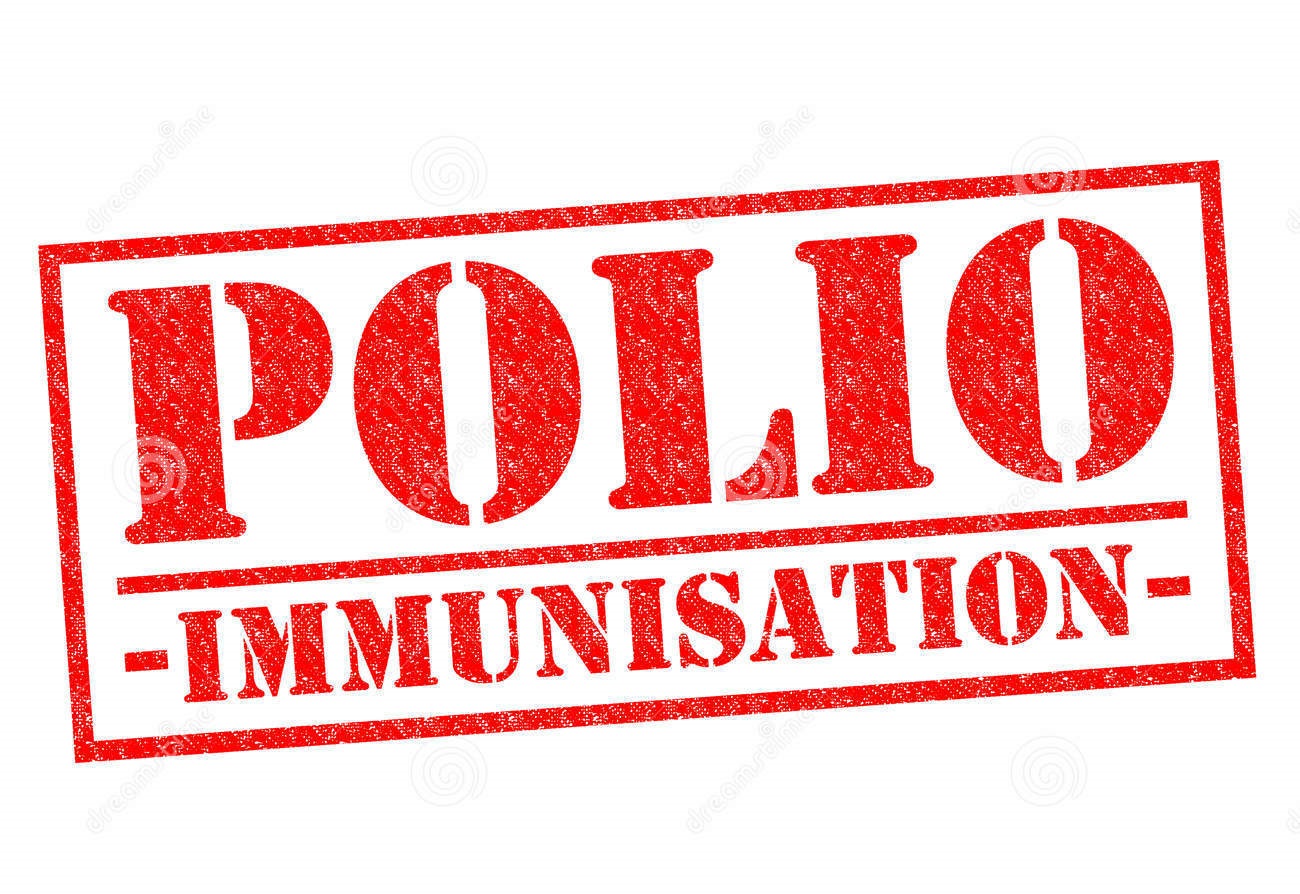Polio must not return
Polio, the virus that causes paralysis in humans and is easily preventable by a vaccine, is back in Nigeria. The new development came to the fore on September 23, 2024, during the meeting of religious leaders organised by the National Primary Health Care Development Agency (NPHCDA) in collaboration with the Sultan Foundation for Peace and […]

Polio, the virus that causes paralysis in humans and is easily preventable by a vaccine, is back in Nigeria. The new development came to the fore on September 23, 2024, during the meeting of religious leaders organised by the National Primary Health Care Development Agency (NPHCDA) in collaboration with the Sultan Foundation for Peace and Development.
NPHCDA Executive Director, Dr Muyi Aina, said Nigeria is currently witnessing an intense transmission of the circulating variant poliovirus type 2 (cVPV2). Aina stated that a total of 70 cVPV2, a rare case that occurs in vaccinated individuals, was recorded from 46 local government areas across 14 northern states. And he laid the blame on “low routine immunisation, and refusal of vaccines during polio campaigns”.
And on September 29, the Yobe State government said it recorded four new cases of polio in three Local Government Areas (LGAs), three years after the state was declared polio-free.
This is worrisome as Nigeria achieved polio-free status on June 18, 2020, and was officially declared free of the disease on August 25, 2020, which is indeed doubtless cheering news for the country and Africa.
- FCT residents raise concern over rising cost of deodorants, others
- FG issues 60-day ultimatum on ground rent
It was a relief because by 2012, Nigeria accounted for more than half of all polio cases worldwide, according to the World Health Organisation (WHO).
But the polio-free status was a long, hard battle fought for decades with billions of dollars spent by international partners and the Nigerian government. And many vaccinators died in the line of duty as a result of insecurity.
Though Nigeria was declared polio-free in 2020, hundreds of cases of the vaccine-derived type have been reported since with 1,028 in 2021 and a further 170 in 2022. Despite this, Nigeria has made some achievements in the fight against polio, as in 2022, there was an 84 per cent decline in variant type 2 poliovirus cases, reduced from 415 cases in 2021 to 48 in 2022 while Routine Immunisation (RI) coverage also improved from 33 per cent in 2016 to 57 per cent in 2022.
Yet, no variant of polio should be allowed in the country as it is not a testimony. Therefore, we at Daily Trust call for full implementation of the comprehensive National Polio Emergency Action Plan (NPEAP) to ensure that it aligns with the 2022-2026 Global Polio Eradication Initiative (GPEI) Polio Eradication Strategy.
We also enjoin Nigerians, especially those in polio-prone areas, to imbibe the practice of personal hygiene as the virus can spread easily if people do not wash their hands after coughing, using the toilet or before eating. The virus, also, maybe in water contaminated with faeces carrying the poliovirus.
While this is being done, there must be aggressive vaccination of children under the age of five with the oral polio vaccine throughout the country, all year round, routine and supplementary immunisation activities. Such vaccination should be delivered at the doorstep of every household.
Also, the Primary Healthcare Centres (PHCs), which are supposed to be the bedrock of any healthcare system, should be functional in the rural communities in order to make them accessible for pregnant and nursing mothers.
Governments should also activate community volunteers to create awareness and demand the creation of antenatal and postnatal services, personal, household and community hygiene, and prepare the right kind of nourishing food from local sources, especially for children.
Again, we join NPHCDA in calling on religious and traditional leaders to renew their commitment and mobilise their congregations and communities in order to “dispel myths, correct misinformation, and encourage positive health-seeking behaviours”. They should intensify offering spiritual guides and acting as advocates to enable parents to make a difference by taking part in the mass vaccination programmes to stop making children victims of avoidable diseases.
These would reduce immunity gaps, support in crashing the maternal and under-five mortality rate, decrease disease occurrence and improve the overall well-being of the people.
We also call for continuous efforts to address the underlying challenges that make polio difficult to eradicate, including poor access to healthcare, avoidable conflicts, terrorism, banditry and other non-state-actor-aided insecurity and misinformation.
Immunisation efforts must not be allowed to falter or stakeholders taken to complacency as until polio is eradicated everywhere, the possibility of its rearing its head anywhere else remains.
The reality remains that with the right support, political will, and community engagement, Nigeria can remain free of polio.
Therefore, we call for urgent steps to enable Nigeria to regain its polio-free status. This demands eternal vigilance and diligence and the jettisoning of negligence by the federal, state and local government authorities. The resurgence of polio must be immediately controlled. No excuses are acceptable.
